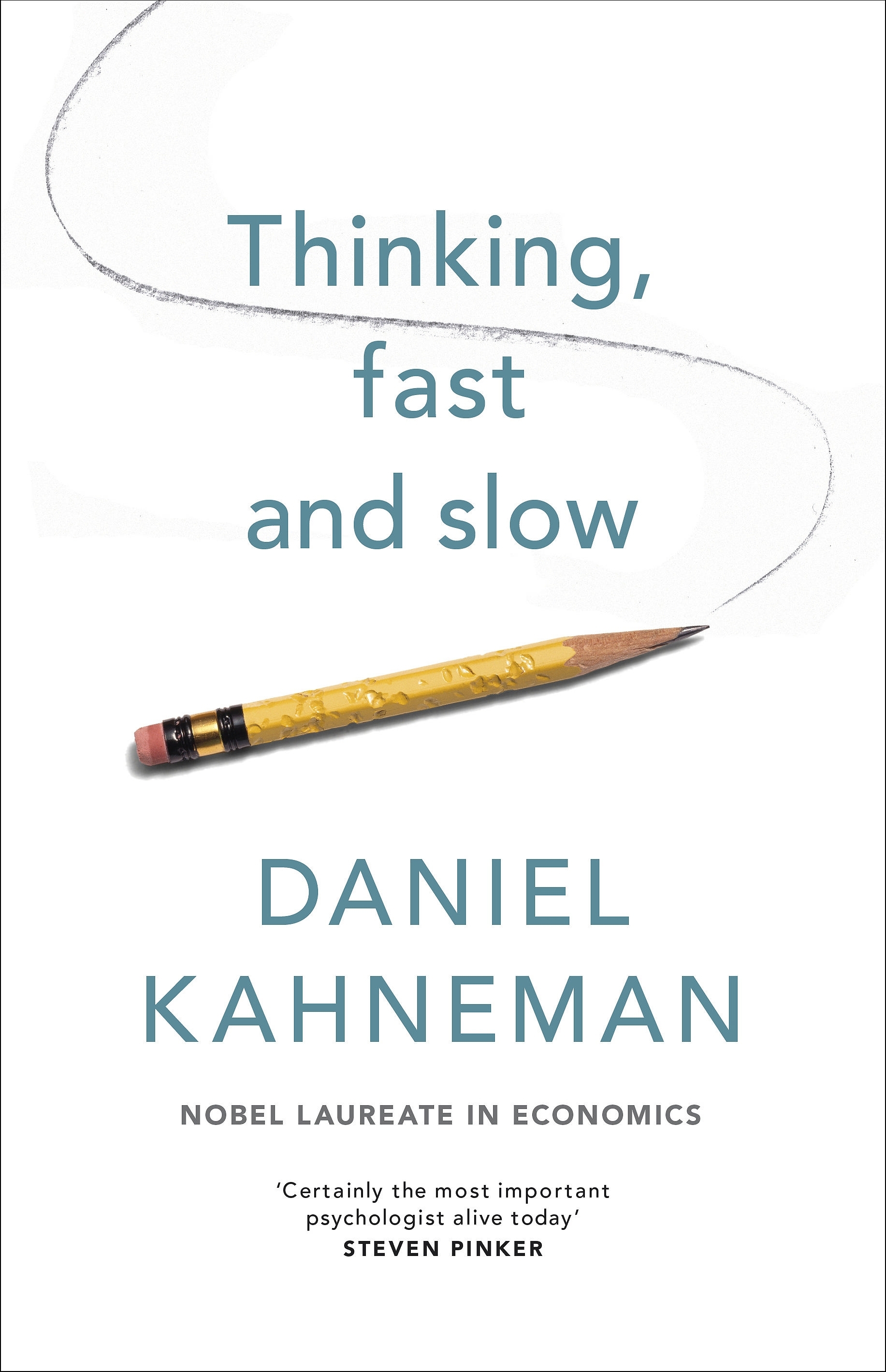My starting
point for this post is take it as given that everyone agrees that for public
policy purposes it is appropriate to view happiness in terms of individual
flourishing. My reasons for this view have been presented in the draft of
chapter 2 of the book that I have been writing.
I doubt whether it is possible to obtain an accurate measure of the extent to which each individual in the community is flourishing because some of the subjective information involved is probably not accessible to people conducting surveys. But let us assume that we have a measure that is good enough to compare the
extent to which different people are flourishing in terms of a rating scale from 1 to 10, with a rating
of 1 indicating that the individual is just surviving and a rating of 10
indicating that the individual is fully flourishing.
The
measurement system that I am assuming would enable us to determine the percentage of
people at different levels of flourishing within a particular community. If
other communities adopted the same measurement system we could make
observations about the percentage of people who are flourishing in different
communities. It might be possible to say, for example, that 50 per cent of the
population in community A are flourishing at a moderate level (with a rating of
7 or above) whereas the corresponding percentage in community B is only 40 per
cent. There could be considerable interest in such observations, particularly
if they enabled comparisons to be made between countries and over time.
Would such a
measurement system enable us to say that the aggregate or average level of
flourishing is higher in one country than another? I don't think so. For example
if you are told that 50% of the population is flourishing in country A and 40%
is flourishing in country B, that doesn’t necessarily mean that the average
level of flourishing is higher in A than B. It is possible that 20% are
struggling for survival in country A while only 5% are struggling for survival
in country B. The average (mean) calculated from the percentages flourishing at
each level might indicate that the level of flourishing is higher in B than in
A. In this instance, is the mean a better measure of the 'average' than the median?
There is
also a more fundamental problem. Let us assume that Mary is flourishing at
level 9 and Jane is just surviving at level 1. Is their combined level of
flourishing equivalent to that of two other people who are flourishing at level
5 ( i.e (9+1)/2) ? I don’t think so. It seems to me that, other things equal, it is preferable
to have two people flourishing at level 5 than to have one person at level 1 and
the other at level 9. But that judgement reflects my own values and is not
related to the preferences of the people most directly concerned? We should ask
Mary and Jane what they think. But their views might differ. Perhaps we could
ask a random sample of the population what they think, or conduct experiments
to find out what choices most people might make behind a veil of ignorance. (I
have in mind the kind of experiment conducted by Hörisch Hannah, which I
described in an earlier post.)
The point I
am getting to is that even if you can conceive of ratings corresponding to
different levels of flourishing, you may have good reasons to feel that combining the ratings of
different individuals together should involve value judgements rather than just
arithmetic. You may not be comfortable in thinking of the combined level of
flourishing of Mary and Jane as though these individuals are just metric stations.
However, if
we introduce value weights into the process of aggregating the flourishing of
different individuals, are we not then making a judgement about the extent to
which the distribution of flourishing is consistent with our views about the characteristics of a good society? It seems to me that any statement about
aggregate happiness or gross national happiness involves judgements – explicit or
implicit – about the characteristics of a good society.
So, why not
ask directly whether society A is better than B, rather than asking whether
aggregate happiness is greater in A than B? This would mean attempting to achieve consensus on the characteristics of a good society. I presented some thoughts about this in a post a couple of years ago.
